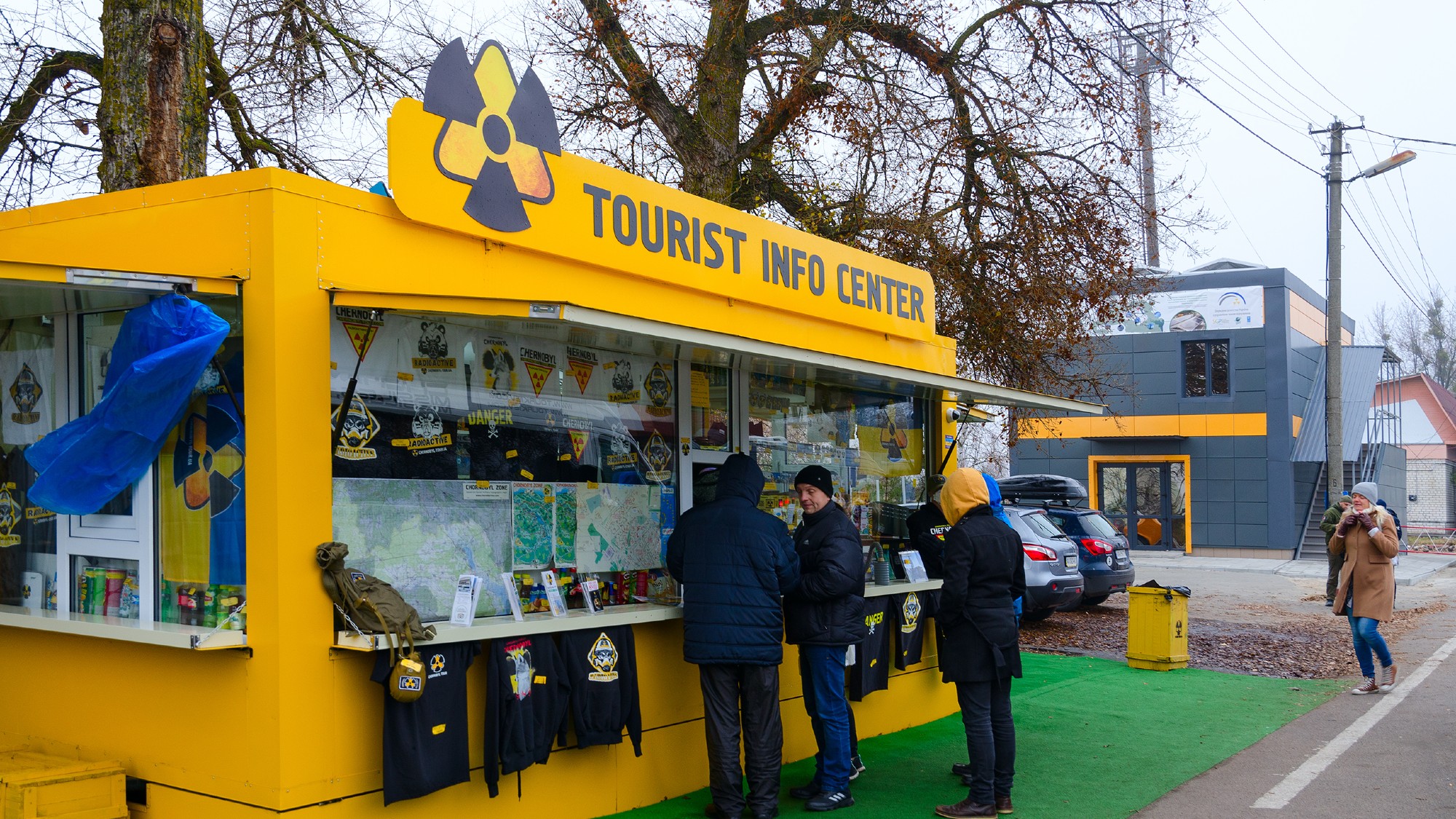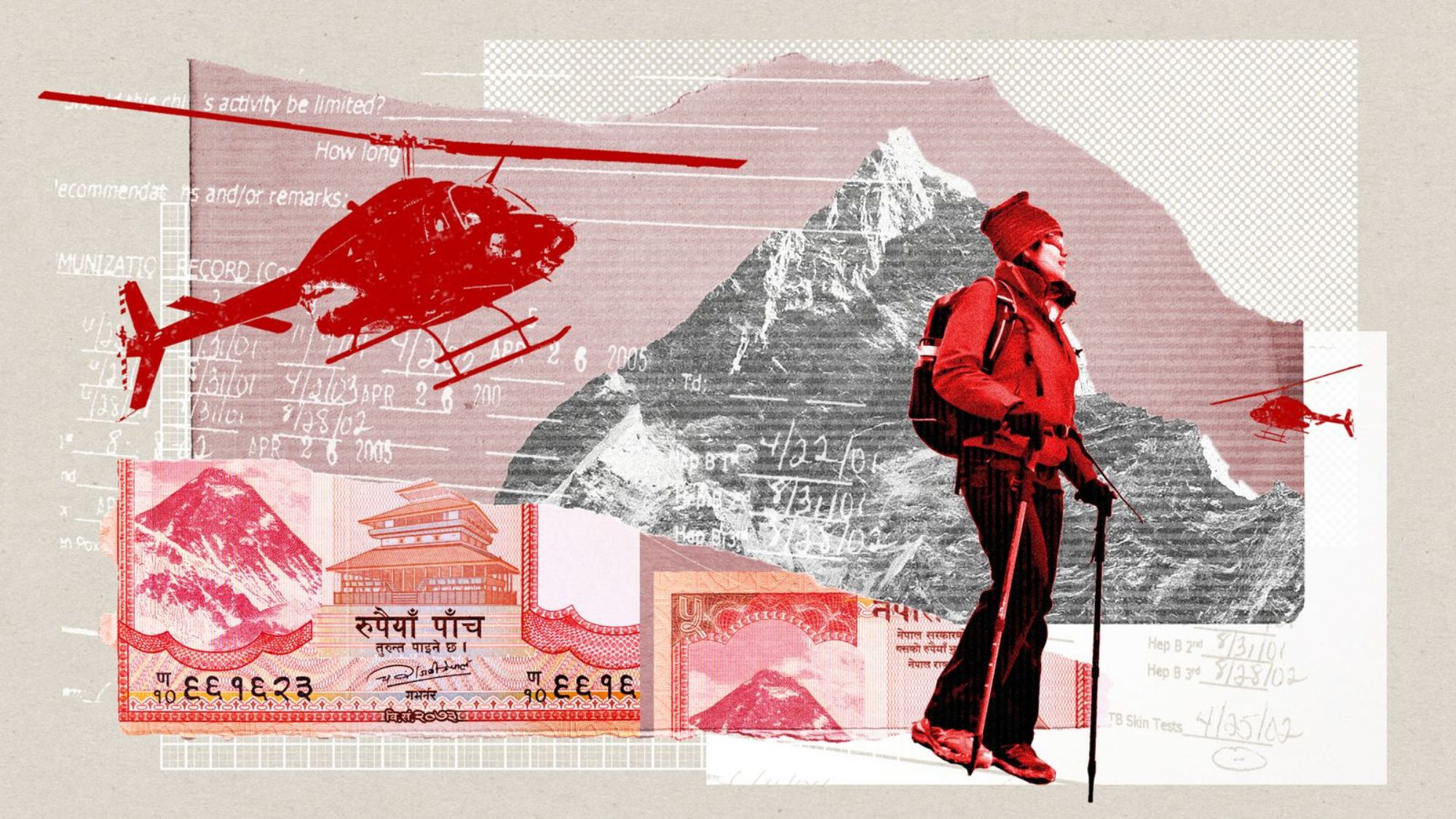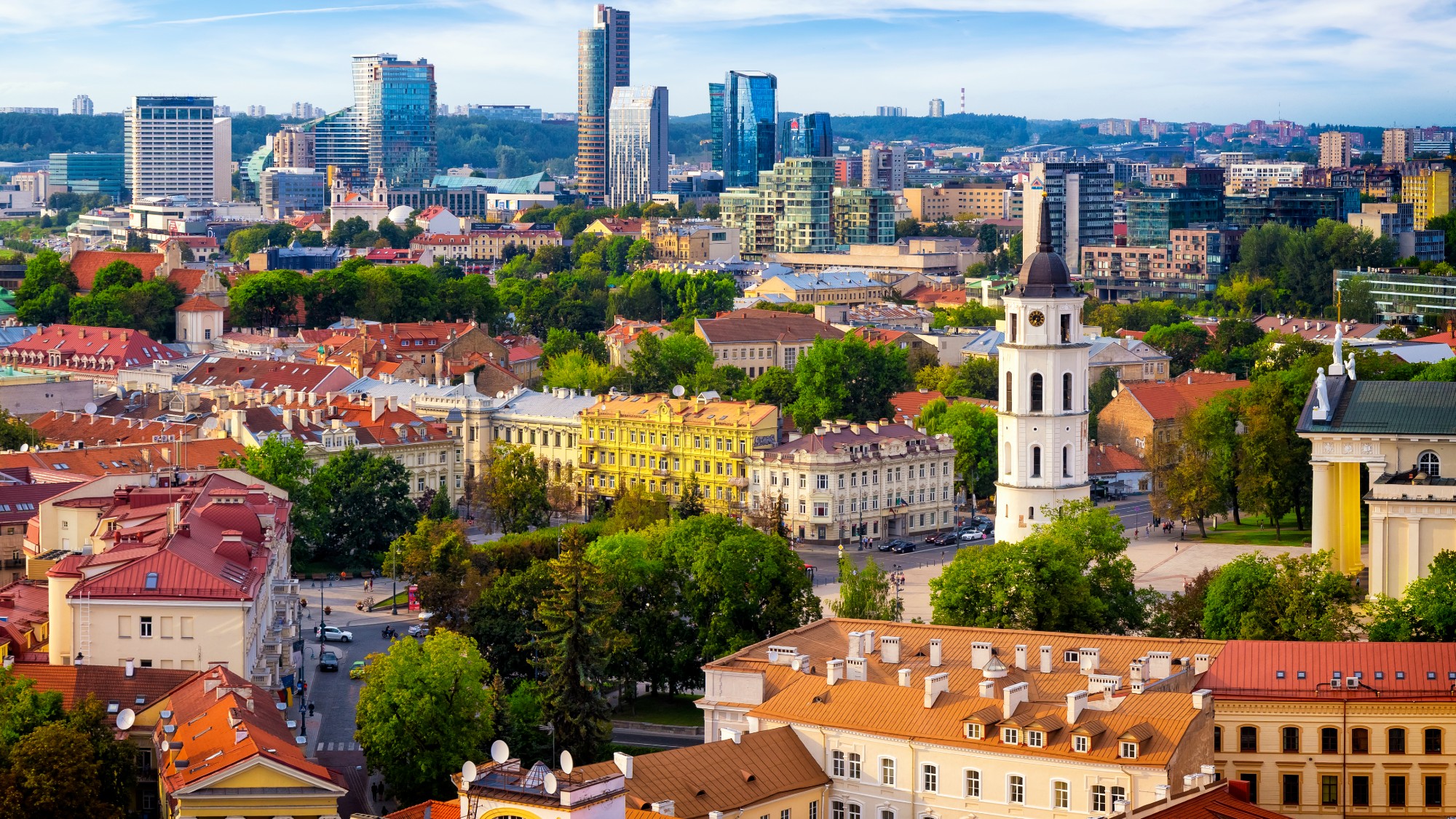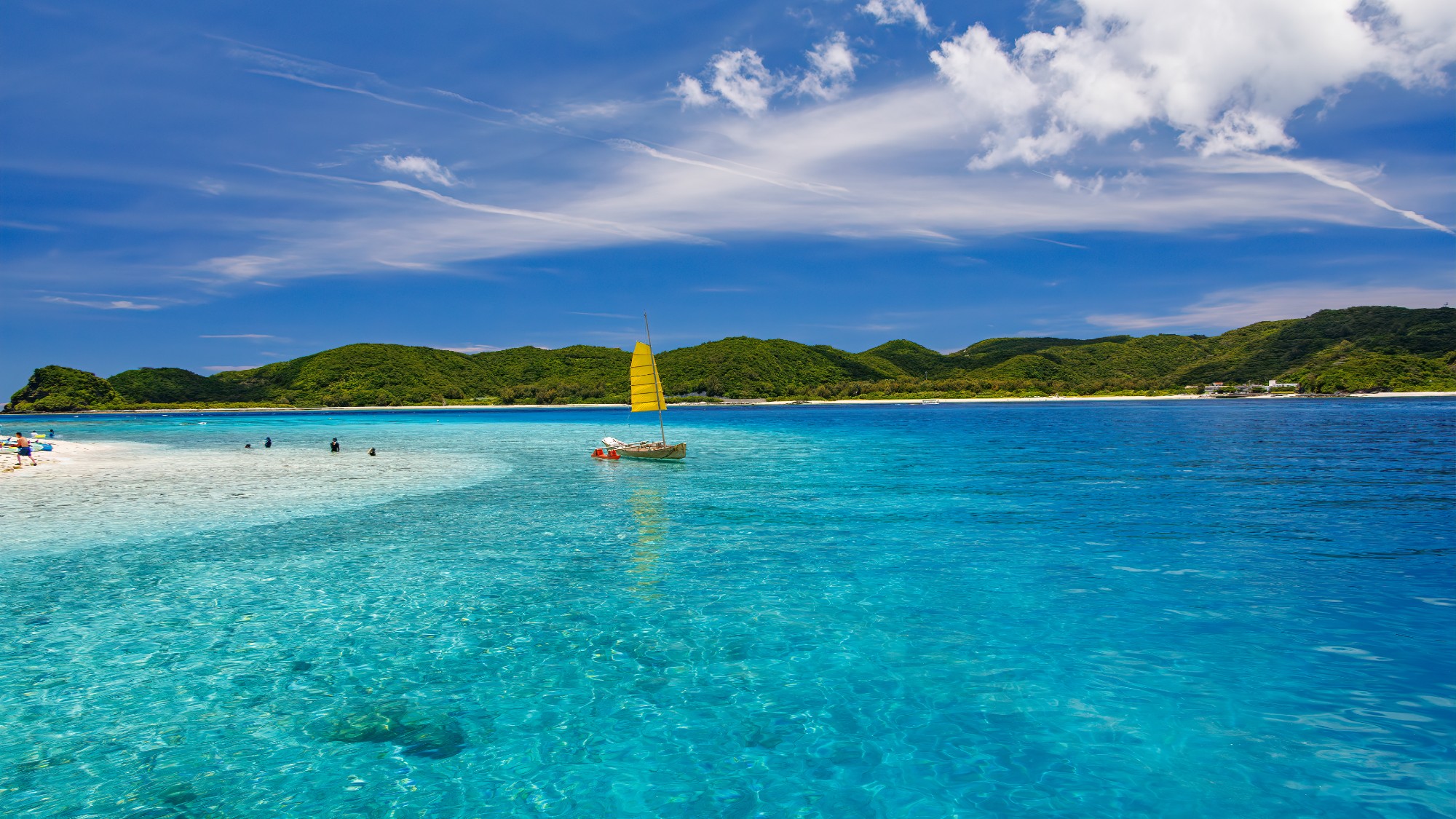What is dark tourism?
Travelers' fascination with the macabre is not new


A free daily email with the biggest news stories of the day – and the best features from TheWeek.com
You are now subscribed
Your newsletter sign-up was successful
If you've ever wanted to visit — or actually visited — locations where disasters or tragedies occurred, you're not alone.
This style of travel even has its own name: dark tourism. While dark tourism isn't new, it has become more conspicuous, especially as its uptick dovetailed with the debut of Netflix's "Dark Tourist" a few years ago. Climate-related disasters and political unrest are also creating more sites of tragedy, some of which are being used for economic gain. As such, travel to these troubled locations has raised ethical questions. Some believe this kind of tourism is inherently disrespectful; others support dark tourism, claiming it provides funds for rebuilding and aid.
What is dark tourism?
Dark tourism refers to visiting places where "some of the darkest events of human history have unfolded," which can include "genocide, assassination, incarceration, ethnic cleansing, war or disaster — either natural or accidental," The Washington Post reported. Some popular examples of dark tourism are Chernobyl, the 9/11 memorial and the concentration camp Auschwitz. J. John Lennon, a professor of tourism at Glasgow Caledonian University, who coined the term "dark tourism" with a colleague in 1996, told the Post that dark tourism is not a new phenomenon and "there's evidence that dark tourism goes back to the Battle of Waterloo where people watched from their carriages the battle taking place."
Dark tourism has become popular because "when you're part of a society that is by and large stable and you've gotten into an established routine, travel to these places leads you to sort of feel alive," Dorina-Maria Buda, a professor of tourism studies at Nottingham Trent University, told The New York Times. Travelers have been drawn to these gloomy locales more in recent years, and as the effects of climate change accelerate and global conflicts like those in Ukraine and Israel unfold, there are an increasing number of such locations to visit. "There is an inherent fascination with ruination," Philip Stone, who runs the Institute for Dark Tourism Research, told CNN.
The Week
Escape your echo chamber. Get the facts behind the news, plus analysis from multiple perspectives.

Sign up for The Week's Free Newsletters
From our morning news briefing to a weekly Good News Newsletter, get the best of The Week delivered directly to your inbox.
From our morning news briefing to a weekly Good News Newsletter, get the best of The Week delivered directly to your inbox.
What exactly are the ethics of dark tourism?
"It's very ethically murky territory," New Zealand journalist David Farrier, told the Times about dark tourism. Gawking at a location where disaster happened can be disrespectful. For example, World Crunch reported, a Ukraine travel agency faced controversy after offering tours to the scene of large-scale civilian massacres resulting from Russia's attacks on Ukraine. Many claimed it was "too soon" for tourism to the region, given that destruction is ongoing. "Bad conduct by tourists at sensitive sites — smiling selfies at concentration camps, for example — has been widely shunned on social media," said The Washington Post, adding that "the ethically questionable 'voyeurism' of visiting an ongoing or very recent tragedy to gape" is also largely considered taboo.
Still, there can be a lot to learn from visiting dark-tourism sites. Climate change is causing more natural disasters and destruction, and "the visual impact of climate change-induced landscapes serves as a warning of our industrialization," said Stone. "Visiting such places now can shine a critical light on the effects of climate change." A considered visit can also help provide fiscal resources to affected areas, like the Spanish island of La Palma which experienced a volcanic eruption in 2021 and Morocco which suffered a powerful earthquake in September. However, some locations, like Lahaina, Hawaii, which was nearly razed by devastating wildfires over the summer, have discouraged tourism to allow locals to recover and mourn the losses of their loved ones.
Many popular dark-tourism locations are sites with extensive, complicated histories. And thoughtful visitors often leave with newfound knowledge. "I think they're important places for us to reflect on and try to better understand the evil that we're capable of," remarked Lennon of Glasgow Caledonian University. According to Dark-tourism.com, a website dedicated to the phenomenon, there is indeed an optimal way to participate in dark tourism. "What is endorsed here is respectful and enlightened touristic engagement with contemporary history and its dark sites/sides in a sober, educational and non-sensationalist manner."
A free daily email with the biggest news stories of the day – and the best features from TheWeek.com
Devika Rao has worked as a staff writer at The Week since 2022, covering science, the environment, climate and business. She previously worked as a policy associate for a nonprofit organization advocating for environmental action from a business perspective.
-
 Local elections 2026: where are they and who is expected to win?
Local elections 2026: where are they and who is expected to win?The Explainer Labour is braced for heavy losses and U-turn on postponing some council elections hasn’t helped the party’s prospects
-
 6 of the world’s most accessible destinations
6 of the world’s most accessible destinationsThe Week Recommends Experience all of Berlin, Singapore and Sydney
-
 How the FCC’s ‘equal time’ rule works
How the FCC’s ‘equal time’ rule worksIn the Spotlight The law is at the heart of the Colbert-CBS conflict
-
 Travel for all: 6 of the world’s most accessible destinations
Travel for all: 6 of the world’s most accessible destinationsThe Week Recommends Experience all of Berlin, Singapore and Sydney
-
 Caribbean resorts that call for serious rest and relaxation
Caribbean resorts that call for serious rest and relaxationThe Week Recommends Serenity is a flight away
-
 Nepal’s fake mountain rescue fraud
Nepal’s fake mountain rescue fraudUnder The Radar Arrests made in alleged $20 million insurance racket
-
 Quiet divorce is sneaking up on older couples
Quiet divorce is sneaking up on older couplesThe explainer Checking out; not blowing up
-
 Admin night: the TikTok trend turning paperwork into a party
Admin night: the TikTok trend turning paperwork into a partyThe Explainer Grab your friends and make a night of tackling the most boring tasks
-
 Exploring Vilnius, the green-minded Lithuanian capital with endless festivals, vibrant history and a whole lot of pink soup
Exploring Vilnius, the green-minded Lithuanian capital with endless festivals, vibrant history and a whole lot of pink soupThe Week Recommends The city offers the best of a European capital
-
 Dive right into these 8 underwater adventures
Dive right into these 8 underwater adventuresThe Week Recommends It’s time to make a splash
-
 In Okinawa, experience the more tranquil side of Japan
In Okinawa, experience the more tranquil side of JapanThe Week Recommends Find serenity on land and in the sea
